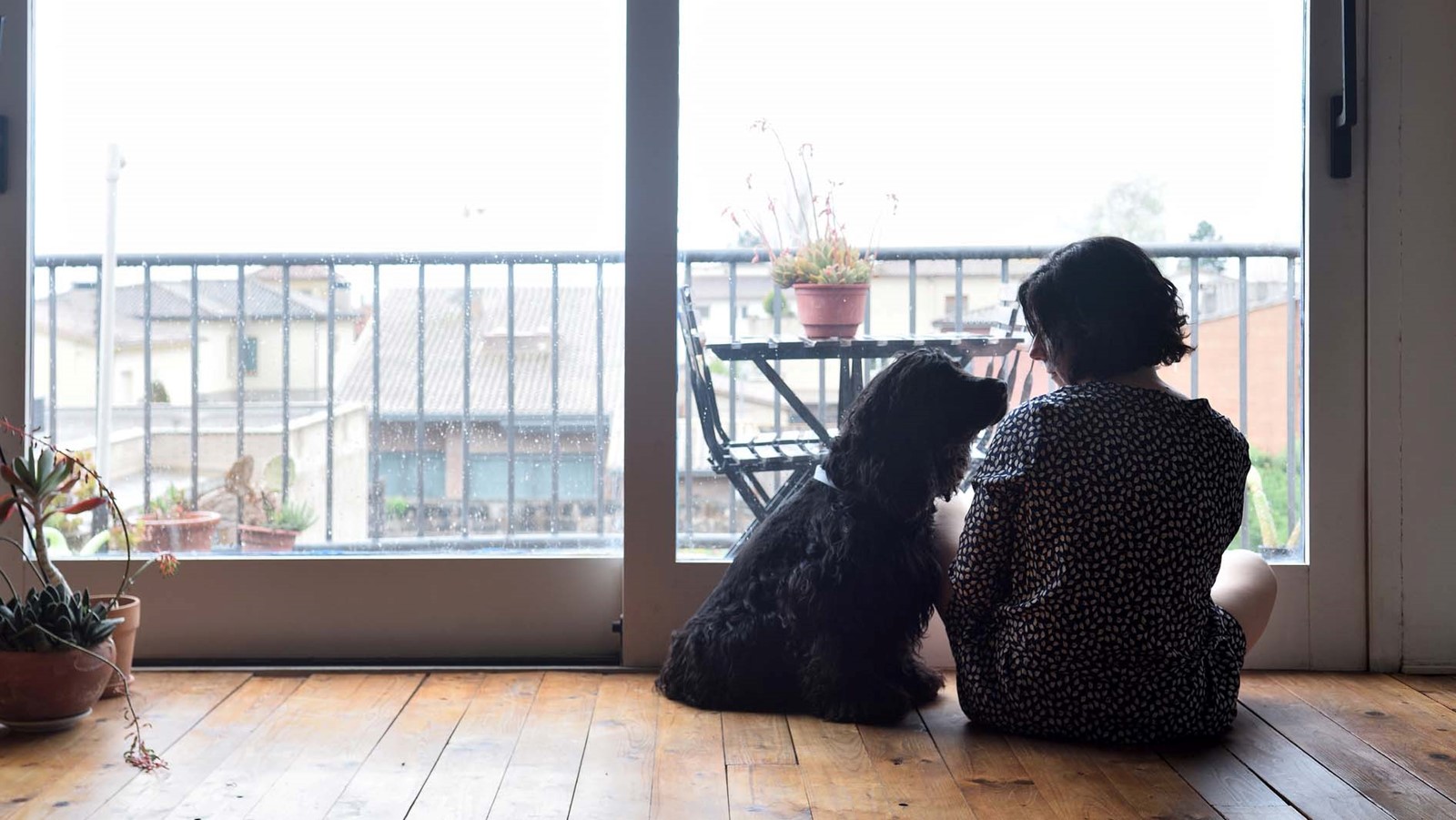The shocking figures of how many people have died from coronavirus are in the news every day, but we know they don’t tell the full story about the thousands of families who are grieving lost loved ones.
Children, parents, brothers, sisters, and other relatives and friends are facing this bereavement in the most unprecedented circumstances – and often while isolated in their own homes due to the coronavirus lockdown restrictions.
“Grief is difficult at any time, but the restrictions imposed due to Coronavirus (Covid -19) have brought additional challenges which may impact on the process of mourning,” said our member Susan Carr.
“It’s important to remember that with bereavement there can be all sorts of emotions – shock, anger, sadness, guilt, confusion and it may feel as though your whole life has been turned upside down.
“These feelings may be difficult to control and there can be a fear that you are somehow ’going mad‘.
Different for everyone
“However, these are all natural reactions to a bereavement and form part of the grieving process, which is different for everyone,” she added.
This is still the same for people during coronavirus as it was before we’d even heard of it. But now there are added difficulties.
Lockdown and self-isolation may mean people are unable to say farewell to their loved ones before they pass away.
Susan said: “This was recognised by Health Secretary Matt Hancock, when announcing new procedures to give families the opportunity to say goodbye wherever possible.”
Mr Hancock said: “Wanting to be with someone you love at the end of their life is one of the deepest human instincts and it’s a moment that will be with you forever. Done right it can help those left behind to cope and it brings comfort to those who are dying.”
Funerals can be an important part of the grieving process, added Susan.
But in today’s circumstances they’re held in very different conditions. Attendance is limited, mourners must stay two metres apart and people who are self-isolating cannot attend.
Saying goodbye
“An important part of saying goodbye can be the ritual of a funeral as this can help with accepting the reality of the loss and gives an opportunity to share thoughts and feelings with others,” Susan said.
“However, funerals have also been affected by the rules around social distancing as they can only take place at a crematorium or graveside which in itself may cause distress if it had been planned that there would be a service at a place of worship.”
Susan, who runs Susan Carr Counselling in Hyde, Greater Manchester, added: “Some crematoriums have the capability to live stream the funeral so that mourners can attend virtually.
“Another option can be for friends and family to send messages which can be read out as part of the service, which could then be made into a book of remembrance. Lighting a candle at home or playing the deceased’s favourite song at the time of the funeral could be a way for people to feel that they are part of the service.”
She added: “Given that it may not be the funeral that was anticipated, another option is to plan for some sort of memorial or celebration of your loved one’s life at which everyone can come together once the restrictions have been lifted.”
Source of comfort
For many people, family and friends would provide a source of comfort if they were grieving. But that’s difficult during lockdown.
Susan said it’s important to keep in contact by telephone, email or online chats during these difficult times.
And she also explained how people often need to spend time grieving for their loss, but alternate this with also getting on with their life.
This can be hard under the current restrictions, if the bereaved person can’t carry on with the normal activities that may help them cope.
She said: “Try to establish a routine, but not necessarily a strict schedule and plan some ideas of how you can fill your time e.g. reading, gardening, learning a new skill.
“If you are confident with technology there are lots of activities and groups that are now being held virtually so check out what is available.”
To find a bereavement counsellor who is working online or offering telephone counselling visit our Therapist Directory.

Coronavirus: Advice for the public
Advice on seeing a therapist during the pandemic, plus tips, advice and coping strategies from our members to help you through these uncertain times

Bereavement during Covid 19 - how to cope
Counsellor Jennie Cummings-Knight has a message for those who are grieving lost loved ones during the coronavirus crisis.

Bereavement
How do you cope with the death of a loved one? How can you deal with the overwhelming feelings of loss and grief? BACP member Sara Mathews explains how counselling can help.
